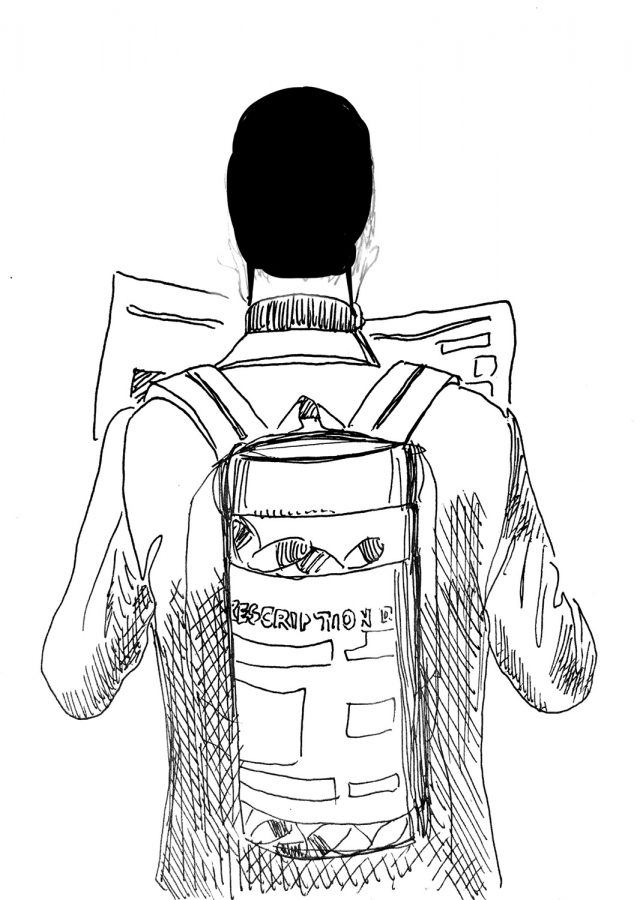Decriminalizing drugs puts patients at risk of worse problems
April 24, 2019
I am concerned with the decriminalization of drugs in the U.S. because I expect a lack of follow-up to its implementation.
To understand this problem, look at Portugal, the country most often pointed at when making the case for complete decriminalization of drugs. Under their system, possession of drugs is not treated as a criminal offense and will not land you in jail.
According to a December 2017 Guardian article, this has reduced their prison population, eased the workload of police who no longer have to chase low-level drug addicts and led to more people seeking treatment.
This all looks like a really good solution to fixing both our prison problem and the opioid epidemic.However, the U.S. is not Portugal.
The main idea behind decriminalization was that “punitive sanctions can be applied, but the main objective is to explore the need for treatment and to promote healthy recovery,” according to Portugal’s European Monitoring Centre for Drugs and Drug Addiction 2017 drug report.
This means providing treatment for free to those who often can’t afford it, without any regulations or constraints. In the U.S., however, we let private rehab facilities overcharge patients, only to let them die.
According to a May 2017 Orange County Register article, in California, one customer dies every 16 days in a licensed rehab center, and that for many patients, the closest they get to proper consumer information comes from the customer-review website Yelp.
If you want a state-funded rehab center, American Addiction Centers states, you’ll only need to give proof of legal U.S. residence, income, personal drug use history and the ability to wait an indeterminate amount of time before receiving treatment.
In the U.S., we allow ‘Big Pharma’ companies to raise prices on life-saving drugs such as insulin for diabetes, a disease that isn’t even stigmatized.
An April 4 New York Times article stated that monthly costs for insulin nearly doubled between 2013 to 2016, from $234 to $450, forcing people to ration their paychecks.
Now if you have an opioid addiction, you could be looking at up to $5000 per year for methadone treatment. Or if you plan on carrying naloxone to reverse a potential overdose, it could cost anywhere between $20 to $4100 depending on what you are prescribed.
In the U.S., we allow pharmaceutical companies to push unnecessary opioid prescriptions onto patients to make a quick buck.
Last March, five Manhattan doctors were arrested for taking over $800,000 from pharmaceutical company Insys Therapeutics to prescribe and promote fentanyl-based drugs to patients who didn’t need it, according to a March 2018 NBC article.
In an April 17 New York Times article, 60 people, including doctors, nurses and pharmacists, were arrested across seven states for illegally distributing millions of opioids in exchange for cash, sex or sometimes both.
In Portugal, the point of drug decriminalization is to allow people to come out and seek help. This has allowed the government to treat the source of addiction: isolation.
If we decriminalized drugs like Portugal did, we would only be allowing people to come out and find nothing.
Until we fix our inadequate health care and corporate lobbying, it seems to me that our best option is prevention.
We can only hope that educating people about the risks of opioid prescriptions and social isolation will stall the epidemic.
I would still like to keep decriminalization on the table as a means to reduce our prison population, but we can’t assume it will fix our drug problems with no consequences.








